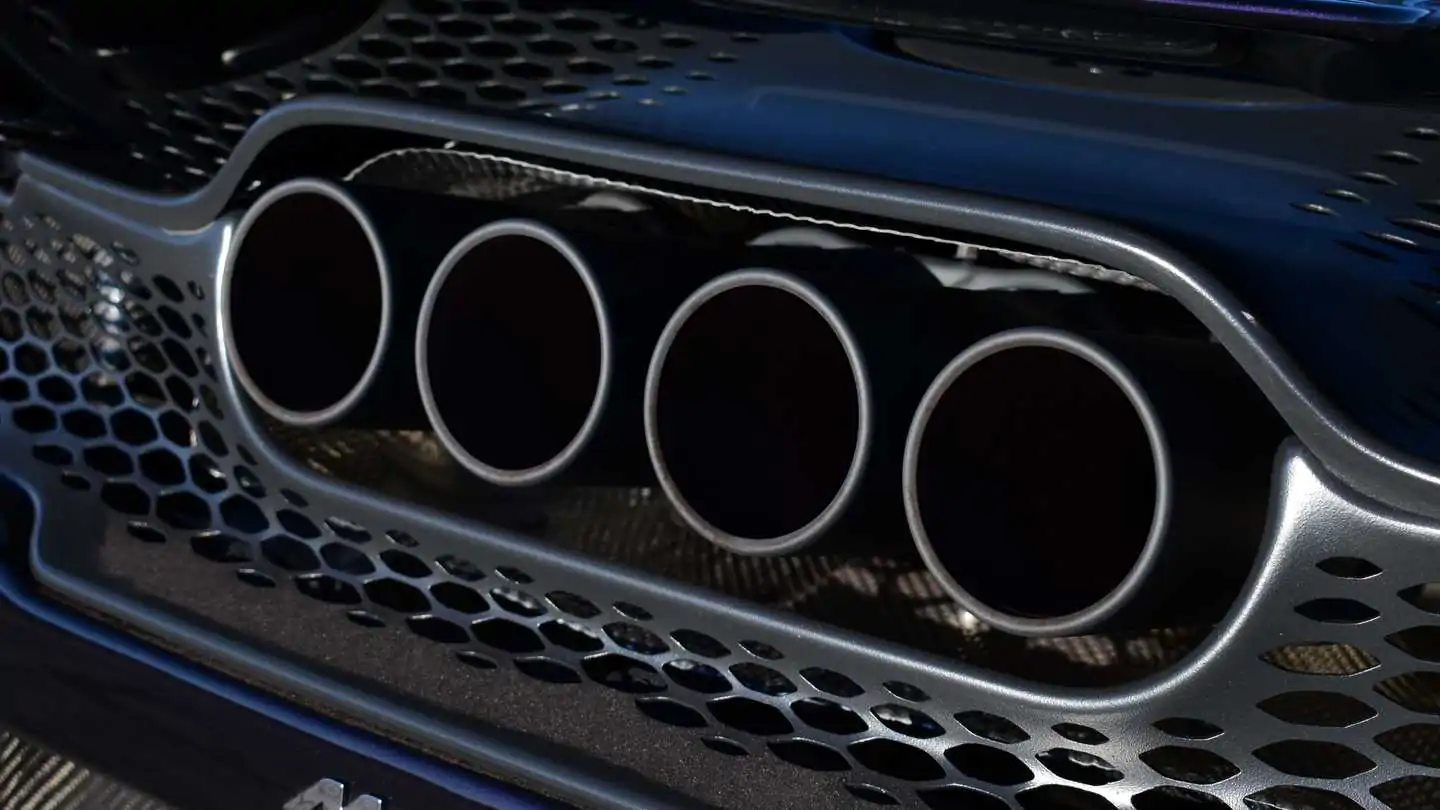The European Parliament calls for the EU to ban used cars from being sold.
The end of the internal combustion engine in Europe’s Union is imminent as the 27 EU environment ministers have signed the execution warrant for the ICE. It took 16 hours to reach an agreement during a meeting held in Luxembourg on how to combat climate change within the EU. This ban applies only to new vans and cars powered by gasoline or diesel engines.
The result is clear and simple: “The Council also agreed that a target of reducing CO2 emissions by 100% by 2035 for new cars/vans was set.” Keep in mind that the European Parliament wants to ban the sale of used ICE-powered cars, but this was not decided today. Further negotiations will be held, but the new ban on car sales is set in stone.
The 2035 ban requires a total reduction in emissions. It does not mention the combustion engine. This is because the ban on 2035 does not prohibit ICEs from using alternative fuels. While some automakers experiment with hydrogen-fueled engines, others are exploring synthetic fuels. Side note: Formula 1 cars will be able to run entirely on sustainable fuel starting in 2026.
Automakers will be pushing EVs further with today’s decisions. Because it will not be possible for companies like Volkswagen and BMW to develop ICE cars that they can sell in the EU, the ramifications will extend far beyond the EU borders.
Automakers must reduce CO2 emissions by at least 55 percent in new cars, and 50 percent in vans, by the deadline. Today’s decision is also part of the Fit for 55 package, which aims to reach carbon neutrality by 2050. Additionally, incentives for zero and low emission vehicles (ZLEV), will end as of 2030.
